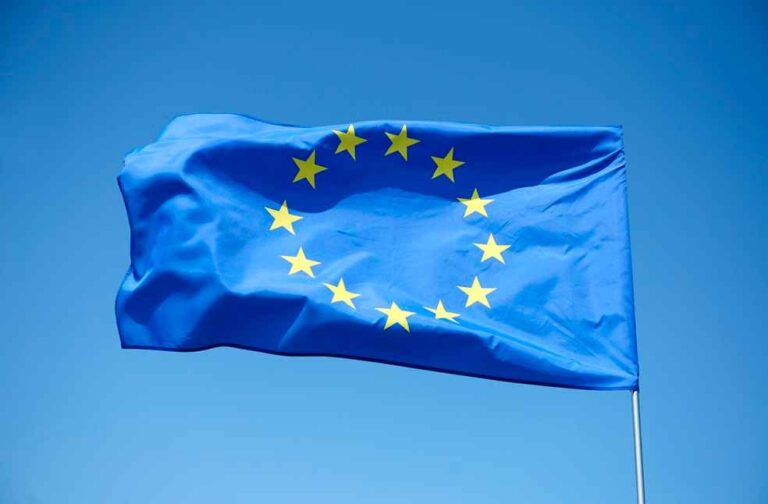Europe: The Parliament of Europe has approved a significant reform that tightens the EU’s migration and asylum rules after several years of negotiations. The EU Asylum and Migration Pact is in development since 2015 and will take two years to come into effect.
Its primary goal is to expedite the asylum process and improve the return of irregular migrants to their respective home countries. It will also mandate EU member states to share the responsibility of asylum seekers. In 2020, a record number of around 380,000 people illegally crossed the EU’s borders, the highest figure since 2016.
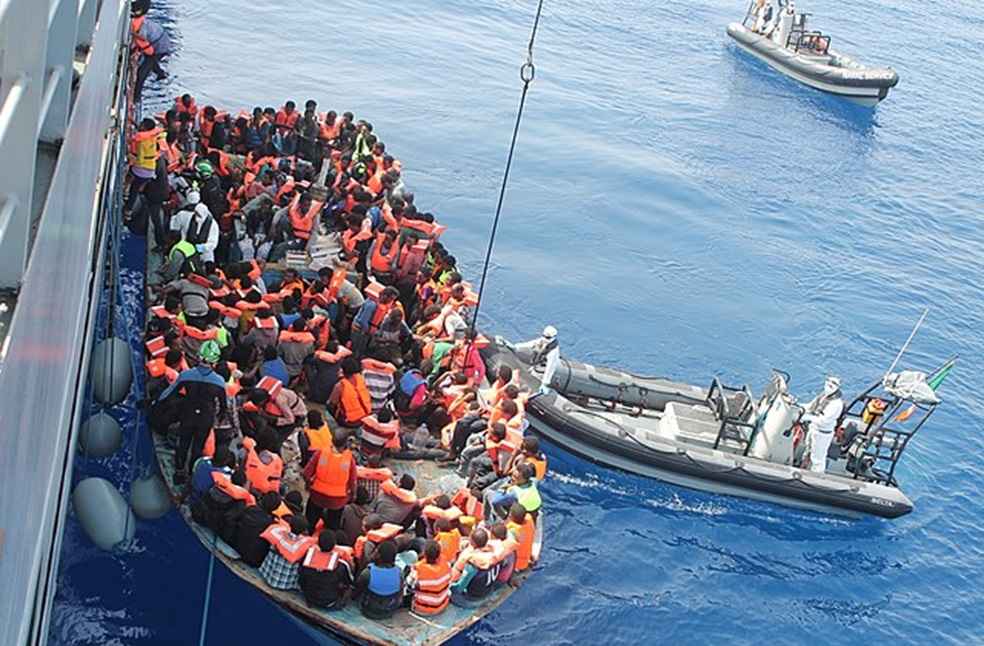
The European Union announced a new agreement that incorporates ‘mandatory solidarity’ between its member states while also offering flexibility. Although a few states in the EU are still opposed to certain aspects of the agreement, it is expected to obtain full consent through a majority vote by the end of April.
As per the submitted rules, the EU’s 27 countries will either take in thousands of migrants from ‘frontline’ countries such as Italy, Greece, and Spain or provide additional allowances and aid to support them instead. The Pact also aims to address asylum requests within a maximum period of 12 weeks. In case of denial, asylum seekers would need to return to their home country forcibly within the same timeframe.
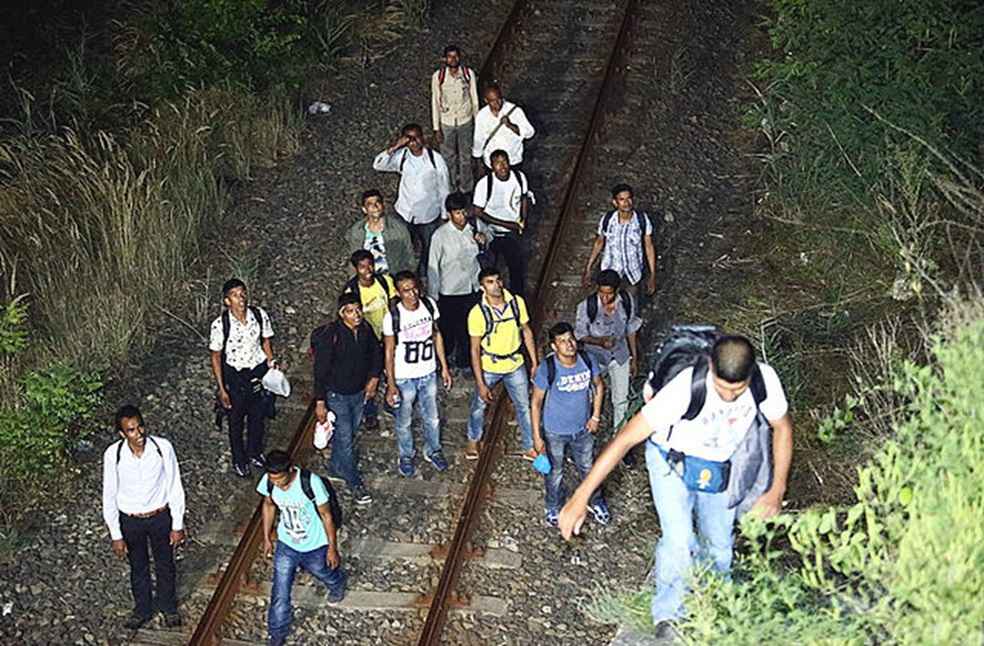
Migrants will undergo a rigorous pre-entry screening method within seven days of arrival, which will include identification assurance as well as health and security checks. Biometric information will be collected for any migrant who is six years old or older, and measures will be taken to deal with hasty growths in arrivals.
The migration contract received support from the two main political groups, the centre-right European People’s Party Group (EPP Group) and the centre-left Progressive Alliance of Socialists and Democrats. Both groups are attempting to resist a firm challenge from the right in parliamentary elections planned for June.
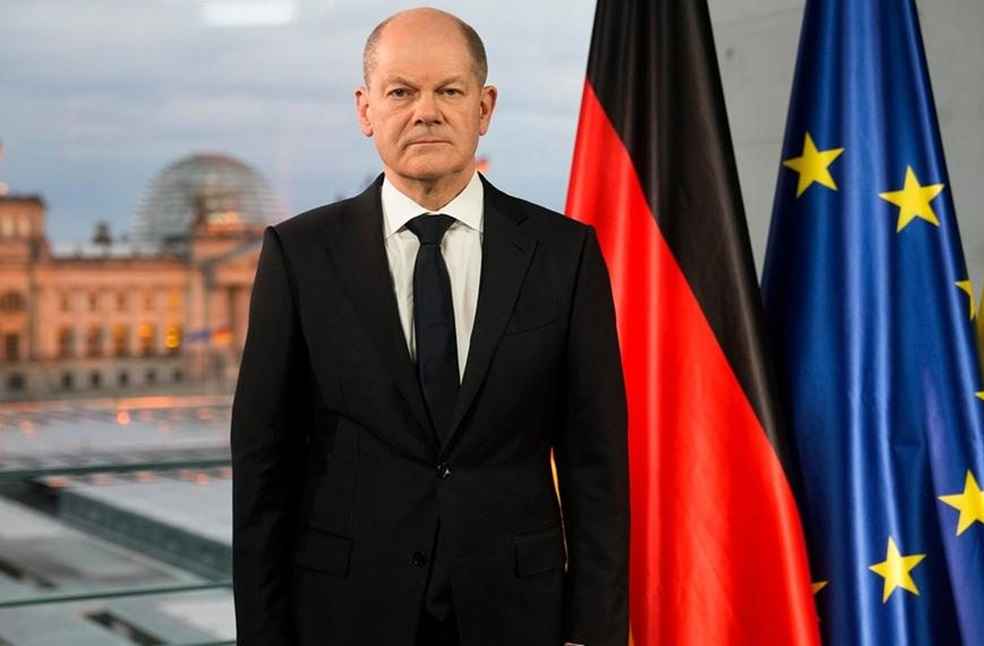
German Chancellor Olaf Scholz hailed the recent conclusion as a ‘historic, indispensable step.’ Roberta Metsola, the president of the European Parliament, also applauded the move, stating that it hits a ‘balance between solidarity and responsibility.’
However, Hungary refused to take in any irregular immigrants, ‘regardless of any migration pact.’ Meanwhile, Polish Prime Minister Donald Tusk denied the mechanism of taking in some asylum seekers or paying into an EU budget for frontline states, calling it ‘unacceptable.’
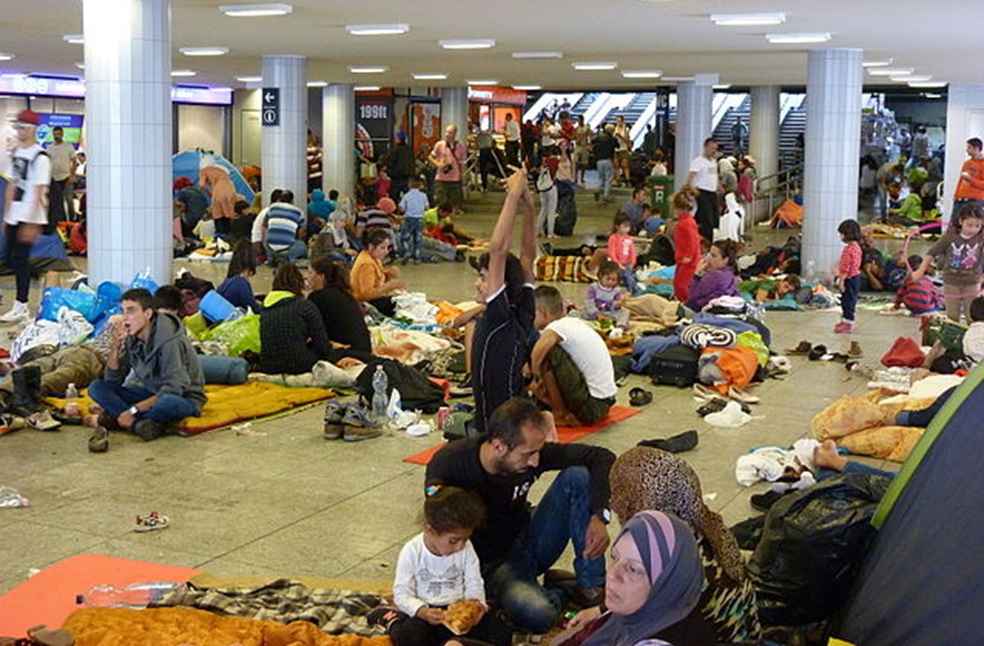
Although multiple MEPs accepted the result, some cited that the contract was not perfect. Slovenian MEP Matjaz Nemec expressed that, “It is a compromise we can work with,” while Belgium’s Hilde Vautmans admitted that the legislation was ‘not perfect,’ but she voted for it nonetheless.
Left-wing and far-right groups resisted the compact. Many NGOs insisted MEPs vote down the reform, alerting that the deal would lead to a ‘surge in suffering’ for asylum seekers. Protesters disrupted the vote, vocalising ‘this pact kills, vote No’ and tossing paper planes. Choose Love, a group that funds grassroots refugee charities warned that the new arrangement could result in children exiting brawl being put in prison and families fleeing persecution being violently pushed back.


